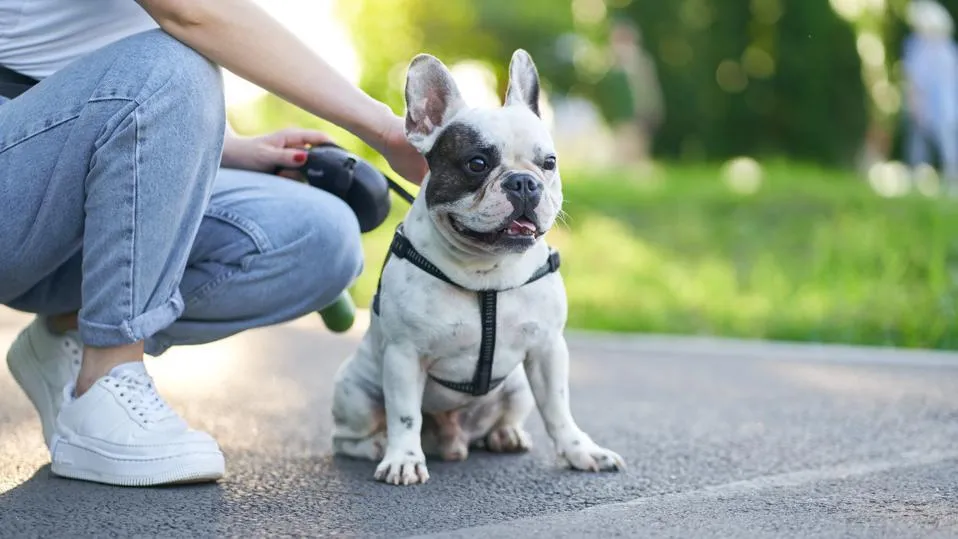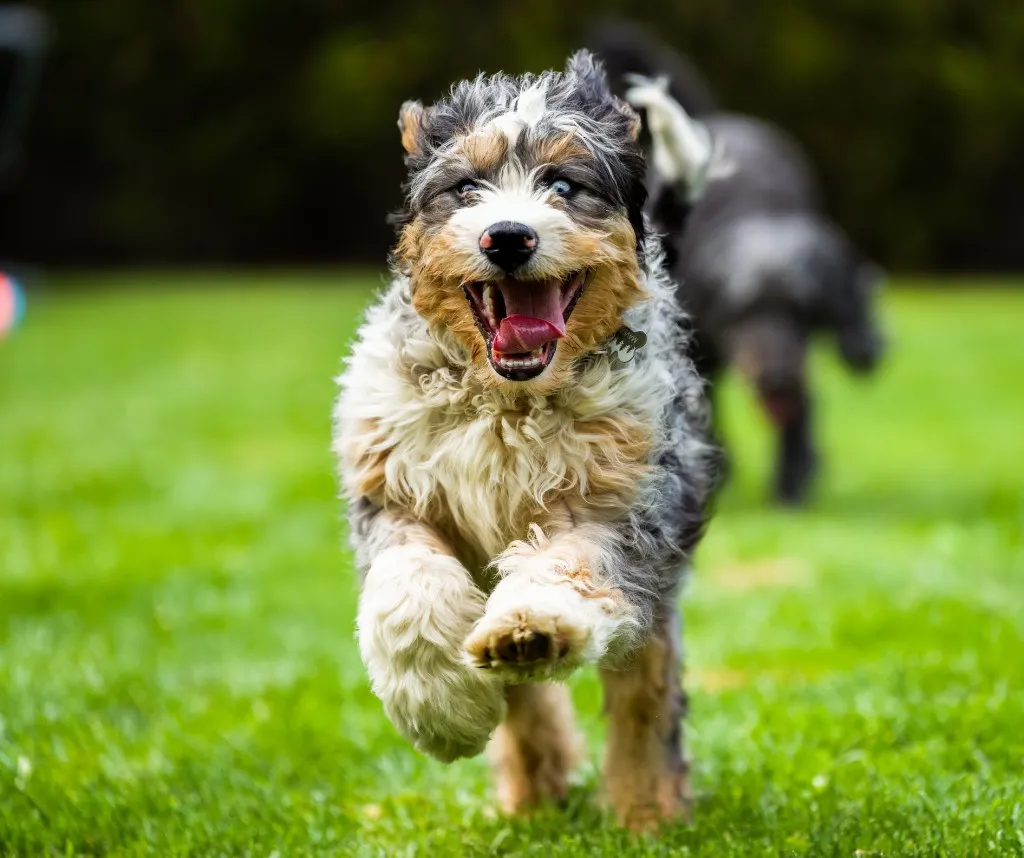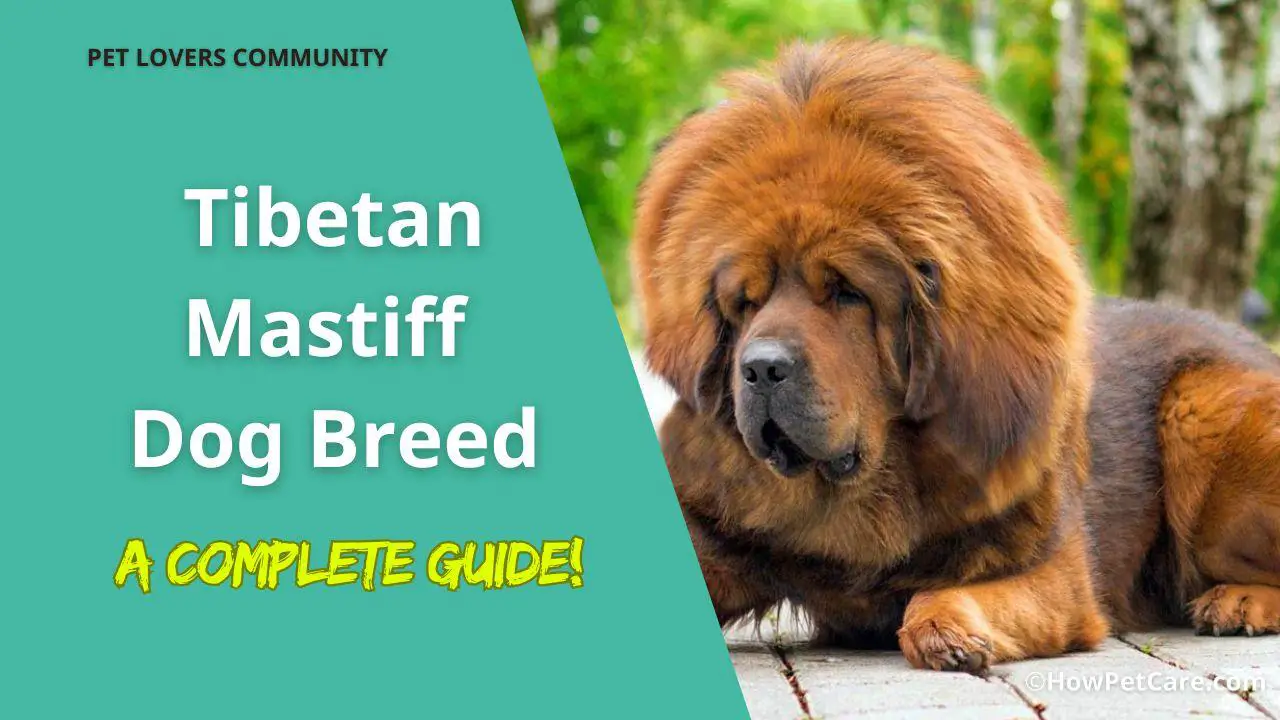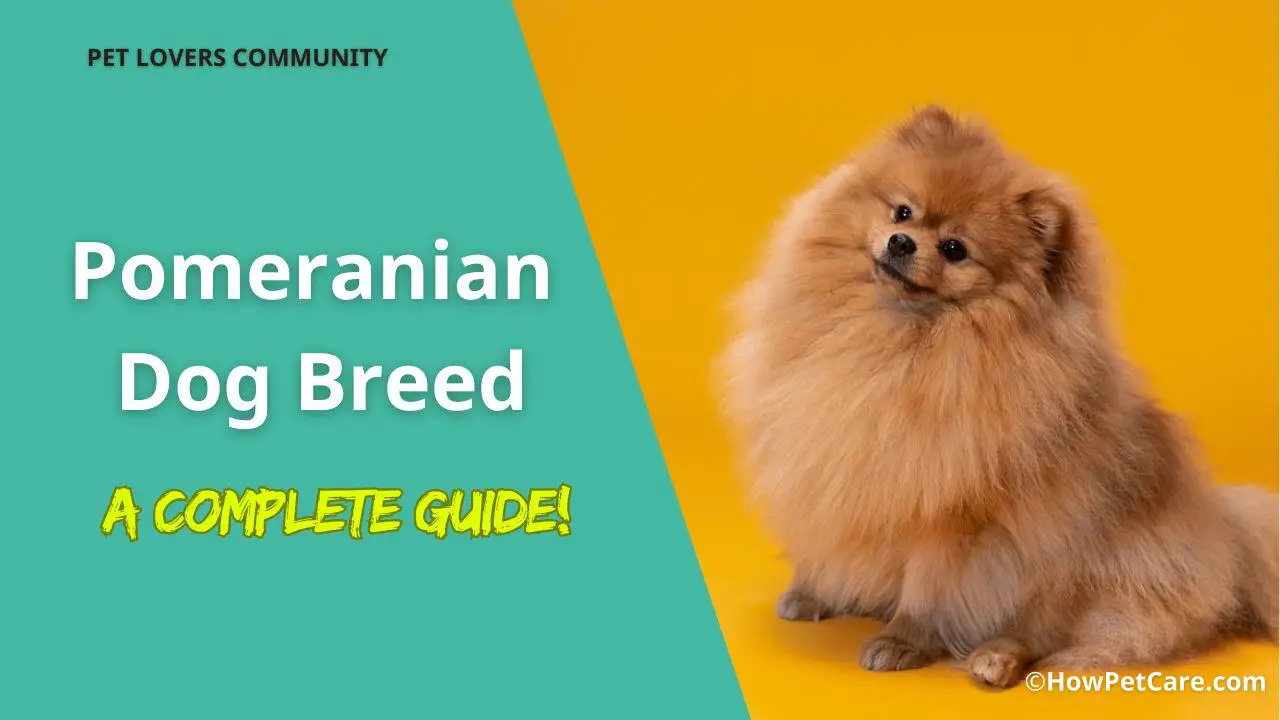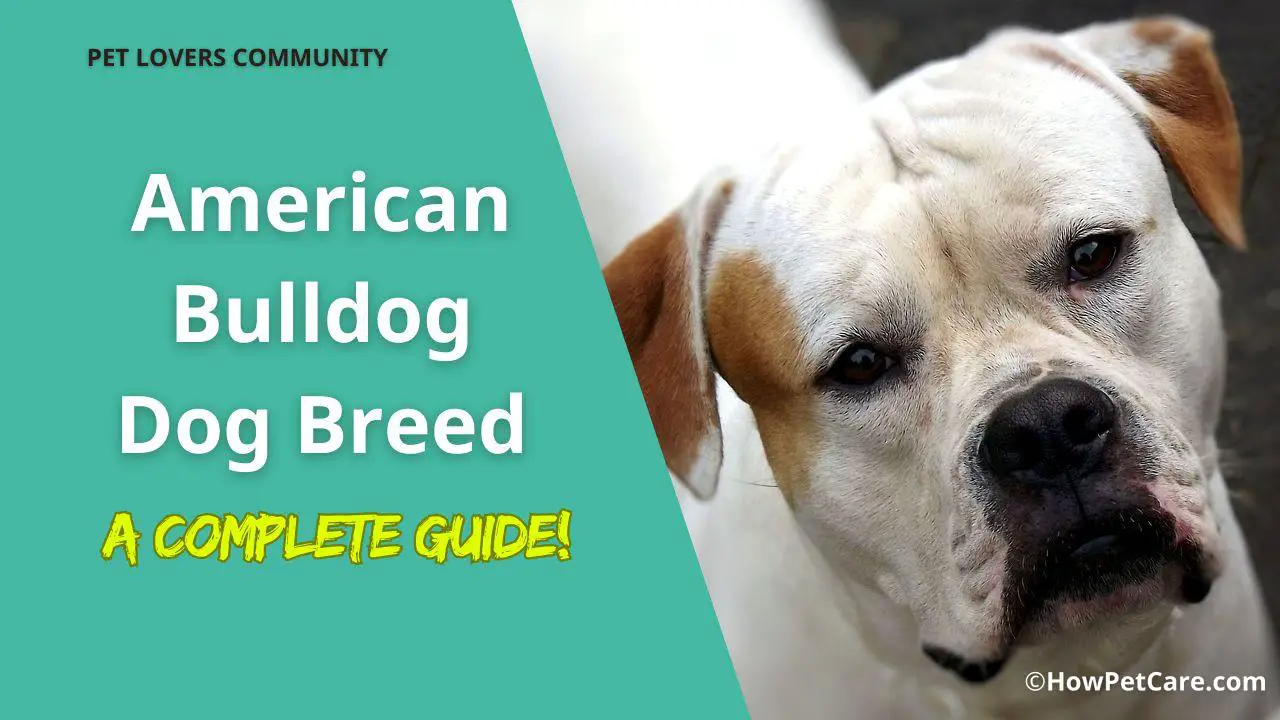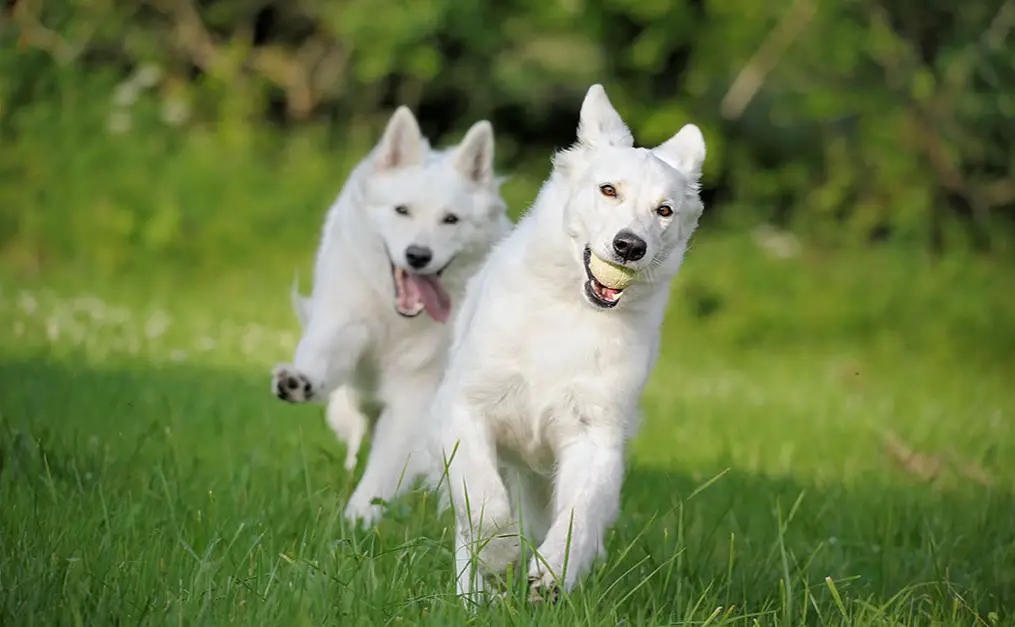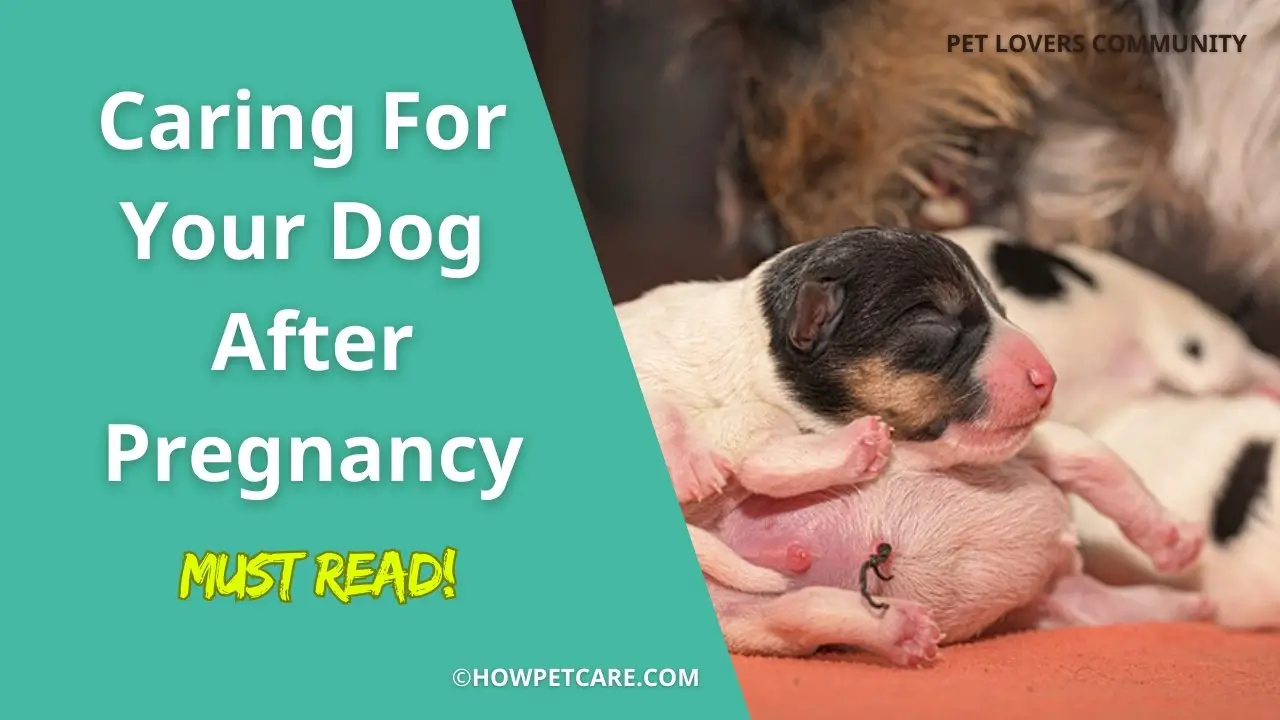The Pembroke Welsh Corgi is a pint-sized powerhouse that’s been capturing hearts for centuries.
With their adorable stumpy legs and fox-like faces, these little herders have become one of the world’s most beloved dog breeds.
But don’t let their small stature fool you – Corgis pack a big personality into that compact frame!
As someone who’s had the joy of owning a Corgi for over a decade, I can attest to their charm and spunk.
My own Corgi, Waffles, has been my constant companion through thick and thin.
From herding cattle on Welsh farms to lounging on royal laps, these dogs have quite the fascinating history.
Let’s dive into what makes the Pembroke Welsh Corgi such a special breed and why they might just be the perfect addition to your family.
The Corgi Origin Story: From Welsh Fields to Royal Palaces
The Pembroke Welsh Corgi’s history is as colorful as their personality.
These little dogs have been around for over a thousand years, originating in Pembrokeshire, Wales.
Legend has it that Corgis were a gift from the fairies, who used them as steeds in battle.
While that’s a charming tale, the reality is just as interesting.
Corgis were bred as herding dogs, specifically for cattle.
Their low-to-the-ground stature allowed them to nip at the heels of cows without getting kicked.
This unique build earned them the nickname “dwarf dog” in Welsh.
From Farm to Fame
Corgis didn’t stay on the farm forever.
In 1933, they caught the eye of the British royal family.
King George VI gifted a Pembroke Welsh Corgi named Susan to his daughter, Princess Elizabeth (now Queen Elizabeth II).
This royal connection skyrocketed the breed’s popularity.
Queen Elizabeth II has owned over 30 Corgis during her reign, making them synonymous with British royalty.
Physical Characteristics: Small Package, Big Personality
Pembroke Welsh Corgis are instantly recognizable thanks to their unique build.
Here’s what makes them stand out:
- Short, stubby legs
- Long bodies
- Large, upright ears
- Fox-like faces with alert expressions
- Fluffy coats, often in red, sable, or tri-color patterns
Despite their small size, Corgis are surprisingly sturdy.
They typically weigh between 25-30 pounds and stand about 10-12 inches tall at the shoulder.
Their most distinctive feature? That adorable Corgi butt!
Most Pembrokes are born with naturally short tails, giving them a cute, rounded rear end that’s hard to resist.
Temperament: The Heart of a Herder in a Family Dog’s Body
Corgis may have left the farm, but their herding instincts are still going strong.
These dogs are:
- Intelligent and quick learners
- Alert and watchful
- Affectionate with family
- Sometimes stubborn (they have a mind of their own!)
- Energetic and playful
My Corgi, Waffles, has a knack for “herding” the neighborhood kids during playtime.
It’s hilarious to watch him try to round up giggling children like they’re wayward sheep!
The Corgi Personality Quirks
Every Corgi owner will tell you about their dog’s unique quirks.
Some common Corgi traits include:
- The “Corgi Sploot”: A peculiar way of lying flat on their belly with legs stretched out behind them.
- Vocalizations: Corgis are known for their range of barks, whines, and “talking”.
- The “Corgi 500”: Sudden bursts of energy where they zoom around the house at top speed.
These quirks make Corgis endlessly entertaining companions.
Training and Exercise: Keeping That Corgi Mind and Body Active
Don’t let their short legs fool you – Corgis need plenty of exercise!
These intelligent dogs also require mental stimulation to stay happy and well-behaved.
Exercise Needs
Aim for about an hour of exercise daily.
This can include:
- Walks
- Playtime in the yard
- Fetch
- Agility training
Remember, Corgis were bred to work all day.
Without proper exercise, they can become bored and destructive.
Training Tips
Corgis are smart cookies, but they can also be stubborn.
Here are some training tips:
- Start early: Socialize and train your Corgi puppy from a young age.
- Be consistent: Corgis respond well to routine.
- Use positive reinforcement: Treats and praise work wonders.
- Keep sessions short and fun: Their attention span can be limited.
- Challenge their mind: Puzzle toys and training games keep them engaged.
Health Concerns: Keeping Your Corgi in Top Shape
Like all breeds, Pembroke Welsh Corgis have some health issues to watch out for:
- Hip dysplasia
- Eye problems (Progressive Retinal Atrophy)
- Von Willebrand’s Disease (a blood clotting disorder)
- Degenerative Myelopathy (a spinal cord disease)
Regular vet check-ups and a healthy diet can help prevent or manage these issues.
And don’t forget about weight management – those short legs aren’t meant to carry extra pounds!
Is a Pembroke Welsh Corgi Right for You?
Corgis make wonderful companions, but they’re not for everyone.
Consider these points before bringing a Corgi into your life:
- Do you have time for daily exercise and mental stimulation?
- Can you handle a vocal dog? (Corgis love to bark!)
- Are you prepared for the grooming needs of a double-coated breed?
- Do you have patience for training a sometimes stubborn dog?
If you answered yes to these questions, a Corgi might be your perfect match!
Wrapping Up: The Corgi Charm
From their royal connections to their adorable waddle, Pembroke Welsh Corgis have a unique charm that’s hard to resist.
These little dogs with big personalities bring joy, laughter, and a whole lot of love to their families.
Whether you’re looking for a loyal companion, an energetic playmate, or just a furry friend to brighten your days, a Corgi might be the answer.
Just be prepared for a lifetime of smiles, “sploots”, and maybe a few mischievous moments along the way!
Remember, every dog is an individual.
While Corgis share common traits, each one has its own unique personality.
If you’re considering adding a Corgi to your family, take the time to meet a few and see if their energy matches yours.
So, are you ready to join the Corgi craze?
These lovable little herders are waiting to steal your heart – just like they’ve stolen the hearts of dog lovers around the world!

